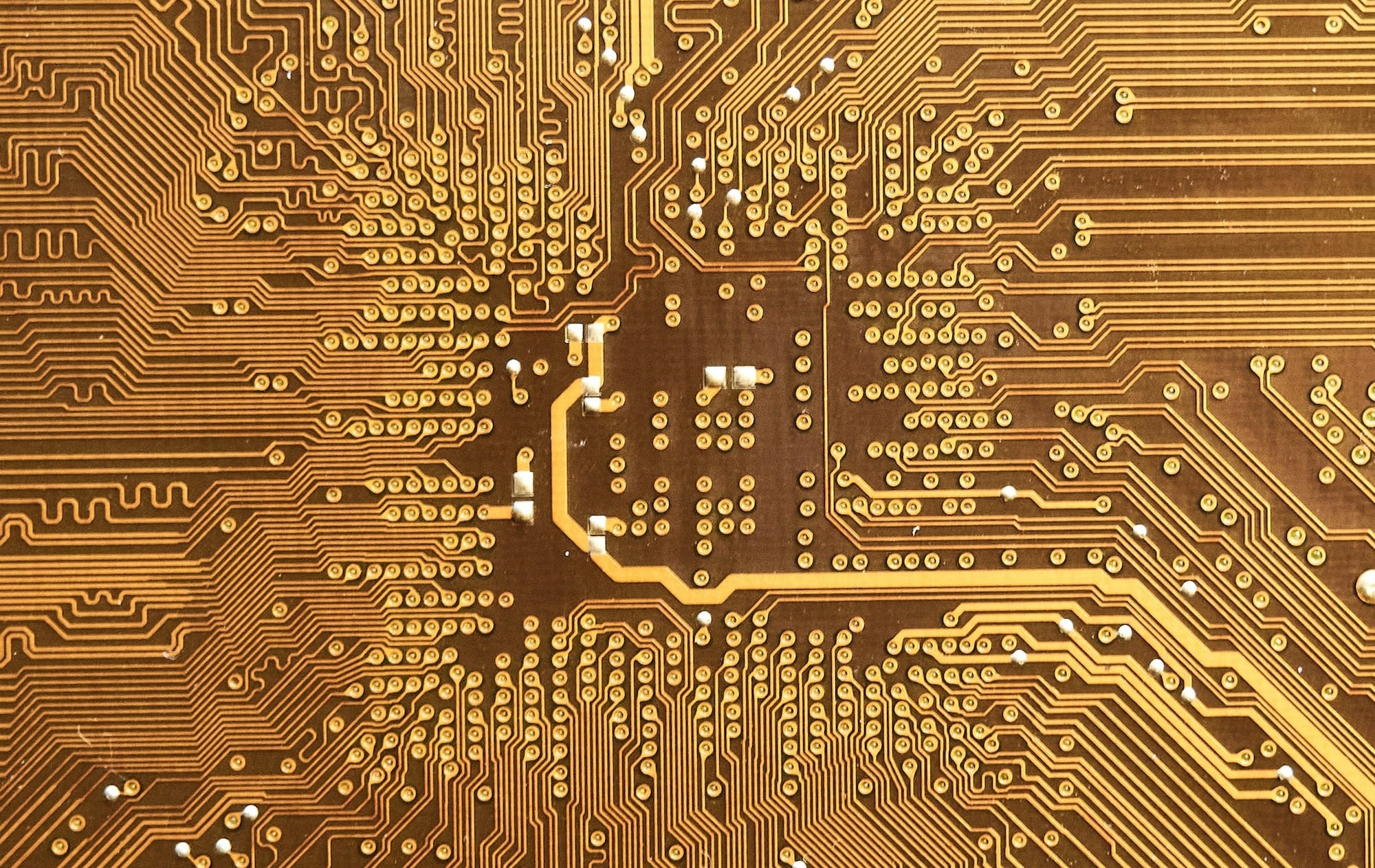The Quantum Edge
What is Quantum Computing? What are the Benefits of Quantum Computing? What Challenges does Quantum Computing face? What are the Impacts of Quantum Computing?
— Dusty

Quantum computing is a rapidly developing field that has the potential to revolutionise the way we process and store information, therefore it has the potential to change the way we approach problems in fields such as medicine, finance, and cyber-security.
What is Quantum Computing?
But what exactly is quantum computing, and how does it differ from classical computing?
Classical computers use bits which are represented by electrical currents or the presence or absence of a magnetic field. These bits can be thought of as tiny switches that either represent on or off (0 or 1).
Quantum computers on the other hand, use qubits, which are based on the principles of quantum mechanics. Qubits can be represented by the spin of an electron or the polarisation of a photon, and can exist in multiple states at the same time. This is known as superposition and therefore can represent both a 0 and a 1 simultaneously.
This allows quantum computers to perform certain types of tasks much faster than classical computers.
Benefits of Quantum Computing
One of the key benefits of quantum computers is their ability to perform tasks much faster than classical computers. This is due to a phenomenon called quantum parallelism, which allows quantum computers to perform multiple calculations at the same time. In classical computers, each bit can only represent a 0 or a 1, so calculations must be performed one bit at a time in a linear manner.
Quantum computers, on the other hand, can perform calculations using all of their qubits simultaneously, allowing them to solve certain problems much faster.
Challenges Quantum Computing faces
One of the main challenges in building quantum computers is that they are highly sensitive to their environment. Any external disturbance, such as heat or electromagnetic radiation, can cause qubits to lose their quantum state, a process known as decoherence. This makes it difficult to build stable quantum computers, and limits the types of tasks they can perform. However, significant progress has been made in recent years in building more stable quantum computers, and it is expected that they will become more widespread in the coming years.
Impacts of Quantum Computing
So what are the potential impacts of quantum computing on current technology?
One of the most significant potential impacts is in the field of cryptography. Currently, most online communications are secured using cryptographic algorithms that are based on the assumption that it is impractical for a classical computer to factorise large numbers.
However, quantum computers have the potential to break these algorithms, rendering current methods of security obsolete. This has led to a race to build practical quantum computers that can perform these attacks, as well as to develop new cryptographic algorithms that are resistant to quantum attacks.
Another potential impact of quantum computers is in the field of Artificial Intelligence and Machine Learning. Quantum computers have the potential to remove the limitations of standard computing which could lead to the development of next generation artificial intelligence and machine learning systems that can solve more advanced problems. However, it is important to note that quantum computers are unlikely to fully replace classical computers in the near future, and it is likely that a combination of classical and quantum computers will be used to solve these problems.
Quantum computers could also have significant impacts in other fields, such as finance, where they could be used to optimise portfolio performance or to model complex financial systems. In the field of medicine, quantum computers could be used to speed up the development of new drugs or to design more effective treatments. They could also be used to optimise logistics and supply chain management, or to solve complex optimisation problems in a variety of fields.
Summary
In conclusion, quantum computing is a rapidly developing field with the potential to revolutionise the way we process and store information. While there are still many challenges to be overcome, significant progress has been made in recent years in building more stable quantum computers. These computers have the potential to perform certain tasks much faster than classical computers, and could have significant impacts in fields such as cryptography, machine learning, finance, and medicine. It is likely that a combination of classical and quantum computers will be used to solve problems in the future, and it will be interesting to see how the field of quantum computing develops in the coming years.